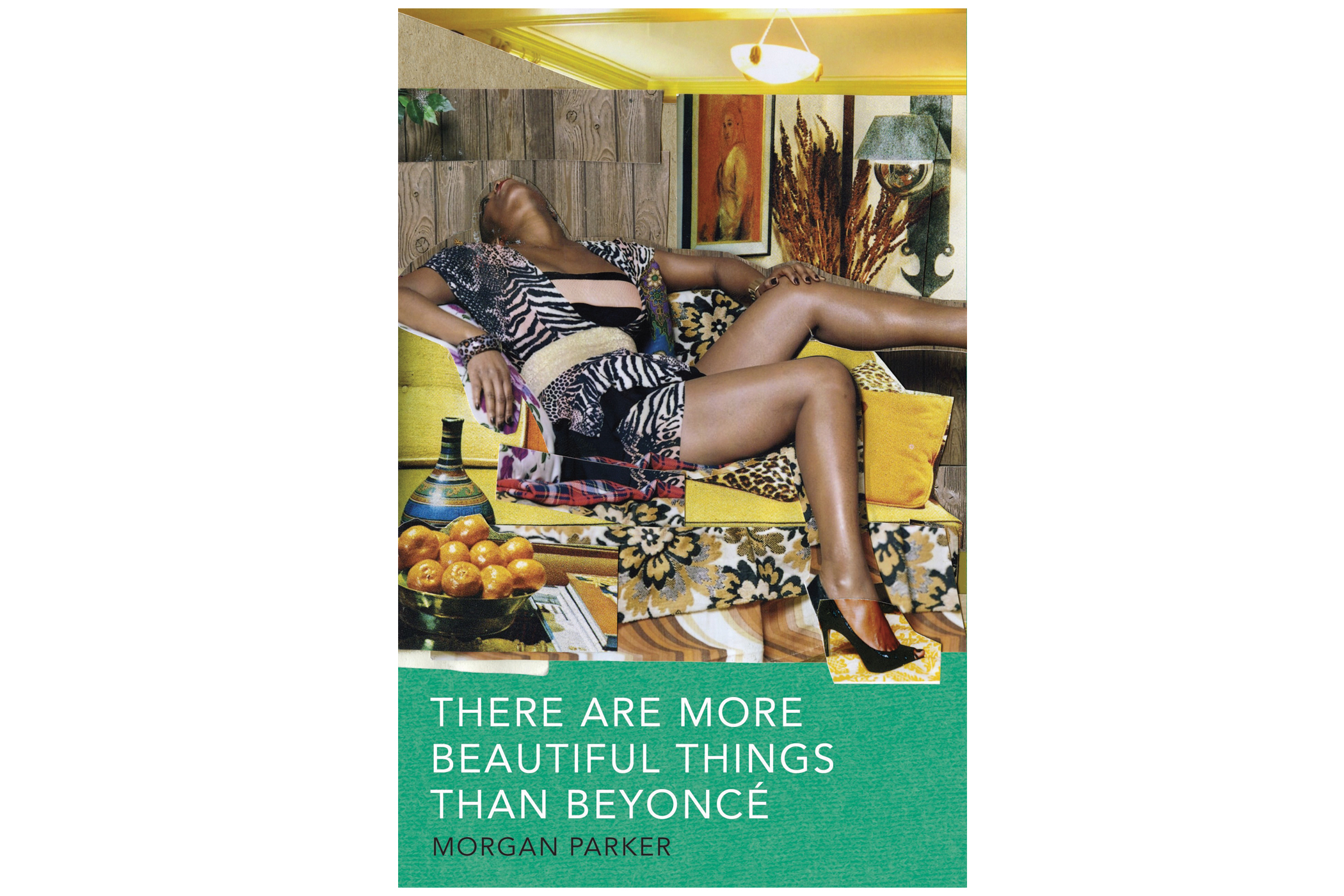Gone are the days of J. R. R. Tolkien and C.S. Lewis. Lately, it even seems that mainstream fantasy epics such as The Wheel of Time and A Song of Ice and Fire have been left on their shelves to accumulate dust.
But who are the authors that are making strides in fantasy now? What does the next generation of fantasy look like? If Time Magazine’s controversial “The 100 Best Fantasy Books of All Time” listicle is any indication, the future of fantasy looks exciting, and new voices are eager to make their presence felt in the genre.
If you want something grim, dark and full of despair, look no further than Joe Abercrombie. Abercrombie is leading a grimdark renaissance with his character-driven stories and morally gray protagonists. The author has constructed a massive universe with The First Law series of books. At times darker than Game of Thrones, The First Law novels follow a cast of undeniably flawed anti-heroes. Abercrombie himself is a prolific writer; the ninth entry in The First Law universe, The Trouble With Peace, was released this past September, and book 10—The Beautiful Machine—is scheduled for next year. Judging by how big a cultural phenomenon Game of Thrones proved to be, I wouldn’t be surprised if Abercrombie’s work was turned into an HBO show as well.
While I look for darkness in Abercrombie, I get my optimism from Brandon Sanderson. Even more prolific than Abercrombie, Sanderson has published 17 books with The Cosmere Series, and another one—Rhythm of War—is scheduled for publication this month. Sanderson is a masterful writer; he’s the author who completed The Wheel of Time series after Robert Jordan passed away. With only notes and half-written drafts, Sanderson finalized the series with three additional books, turning The Wheel of Time into a 15-novel epic. To say that Sanderson is good at what he does would be an embarrassing understatement; he excels both in character work and immersive worldbuilding. The worlds in his stories are occasionally more reminiscent of sci-fi than fantasy, with their unique plethora of races, cultures, fauna, animalia and weather patterns. Sanderson will likely go down as one of the greatest fantasy writers of all time, and future generations of fantasy-inclined readers will likely revere The Cosmere Universe as a canonical work.
Elsewhere, fantasy authors are crafting worlds with less Eurocentric leanings. For example, The Poppy War, written by R. F. Kuang, is set in a world that mirrors early 20th century China. Kuang, who has a background in Chinese studies, incorporates her knowledge and experience into her fantastical worlds. Kuang’s books are filled with Chinese politics and martial arts and touch on such topics as poverty, gender and skin color. Although fantasy has historically looked to other races and cultures for inspiration, The Poppy War is unparalleled in the sense that its narrative voice is unique to Kuang. Kuang has released two installments in The Poppy War series, with a third installment, The Burning Gods, scheduled for publication later this month—and it can’t come soon enough.
Similarly, Tomi Adeyemi has introduced readers to a world with a vibrant culture. Children of Blood and Bone was a massive hit in 2018, and its universe draws heavy influence from Yoruba culture. For young adult fantasy fans, this book should not go unnoticed. It’s a novel with strong characters who defy all odds and restore magic to the Kingdom of Orïsha. Adeyemi’s second installment in the series, Children of Virtue and Vengeance, was a sequel with unexpected twists that took its plot and characters in new directions. Adeyemi has a third and final installment planned, and I have a feeling that The Legacy of Orisha won’t end happily ever after.
There are also writers crafting worlds that more closely resemble our own. Urban fantasy is making a comeback, and, believe it or not, it’s actually good. The City We Became, written by N.K. Jemisin, is set in a fantastical version of New York. In Jemisin’s universe, entire cities are living organisms that possess their own spirits. Jemisin has already won two Hugo awards for her sci-fi series The Broken Earth Trilogy, and The City We Became further proves she’s an author the fantasy world should keep an eye on. Another author making moves in urban fantasy is Fonda Lee with her novel Jade City. Set in a world reminiscent of Hong Kong’s industrial era, Jade City combines fantasy elements with modern technology, completely scrapping the medieval fantasy setting characteristic of the genre.
This new wave of fantasy is destined for greatness. Most of these writers already have new books in the works, and some have even signed on for film adaptations. The days when Tolkien reigned might be over, but fantasy is alive and well.






